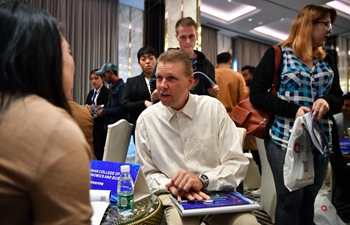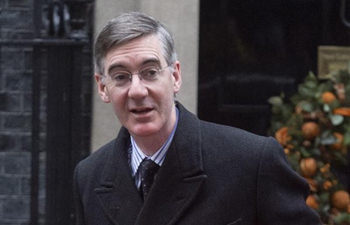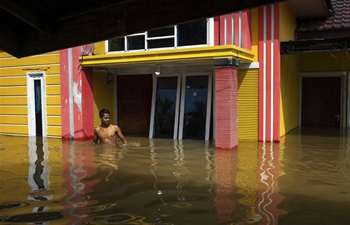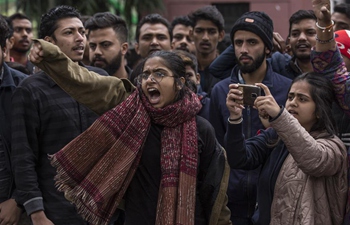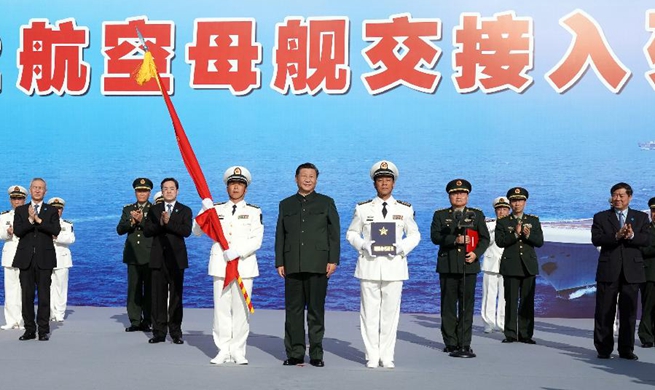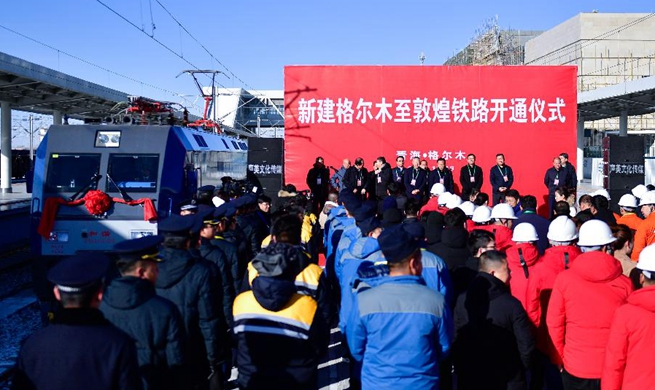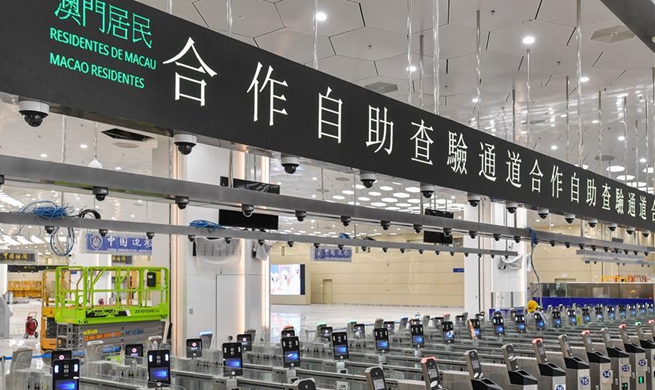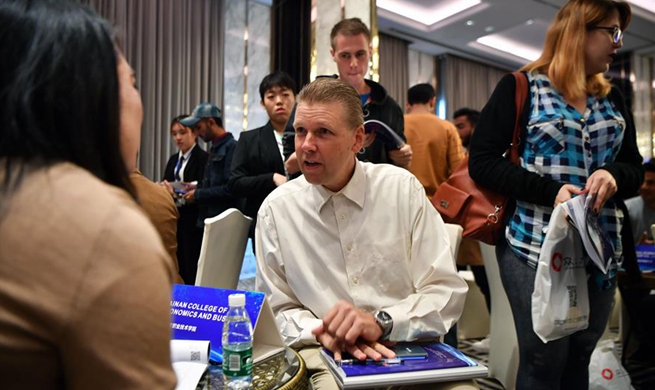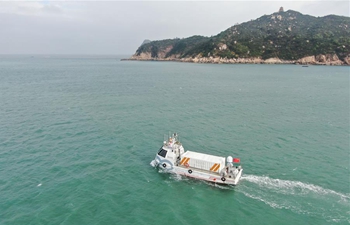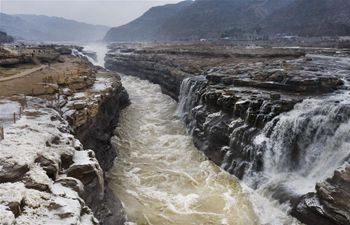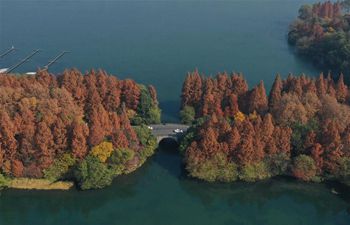by Dana Halawi
BEIRUT, Dec. 18 (Xinhua) -- Lebanon's experts agree that foreign intervention is impeding the government formation in the country.
"While the international community is not interfering directly in government formation, some are putting conditions to provide financial support for Lebanon," Sami Nader, director of Levant Institute for Strategic Affairs in Lebanon, told Xinhua.
"Washington did not say bluntly that Lebanon should abide by certain conditions to receive financial support, but it was clear about not wanting a role for Hezbollah in the government by listing it as a terrorist organization," Nader said.
Riad Tabbarah, former Lebanese Ambassador to the United States, said that Americans were irritated when Hezbollah was capable of holding in the previous government the Health Ministry which has the highest budget among ministries.
"The Americans are now trying to push for a technocrat government to exclude Hezbollah," Tabbarah said.
The international community is pressuring for a government that is neutral, said political analyst Youssef Diab, adding that the presence of Hezbollah in any future government would give legitimacy for its weapons.
Ali Mourad, a professor of Public Law at Beirut Arab University, told Xinhua that both the U.S. and the Gulf countries will not accept to give any support for Lebanon if Hezbollah takes part in the next government.
The Lebanese President Michel Aoun is expected to hold parliamentary consultations on Thursday for the appointment of a prime minister tasked with the formation of a new government following the resignation of Saad Hariri's government after days of nationwide protests demanding a change in the political system in Lebanon.
The president did not start earlier with consultations because of the various differences among Lebanese political parties about the political figure that should be forming the government and the new cabinet.
While Hezbollah and the Free Patriotic Movement (FPM) are trying to form a unity government that was present before the uprising started on October 17, which reflects the results of 2018 parliamentary elections, caretaker Prime Minister Hariri and his allies including the Lebanese Forces, Kataeb Party, and the Progressive Socialist Party are aiming to change the balance of power by forming a technocrat cabinet comprised of experts.
Also, allied political parties, such as the Future Movement and the Lebanese Forces, are opposed as to who should assume the role of prime minister in the coming period.
The Future Movement wants a technocrat government headed by Hariri while the Lebanese Forces believe that Hariri is not suitable as prime minister for the coming period.
Meanwhile, protesters who have been in the streets for over two months are asking for a government of experts headed by someone other than Hariri.
Given the different internal and external complications, local experts believe that a government formation in Lebanon is not imminent.
"There is no government for the time being. Difficulties may even prompt Hariri to escape the political scene which will lead to complete paralysis in the country," Diab said.
Likewise, Tabbarah said that while it is in the interest of everybody to form a government very soon the different pressures from different directions will delay the formation of any cabinet soon.




